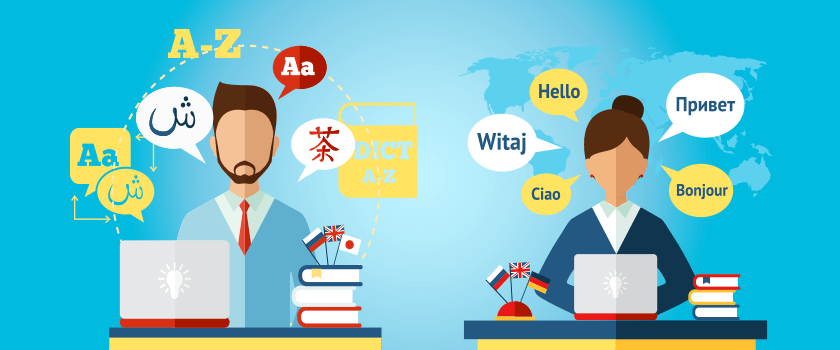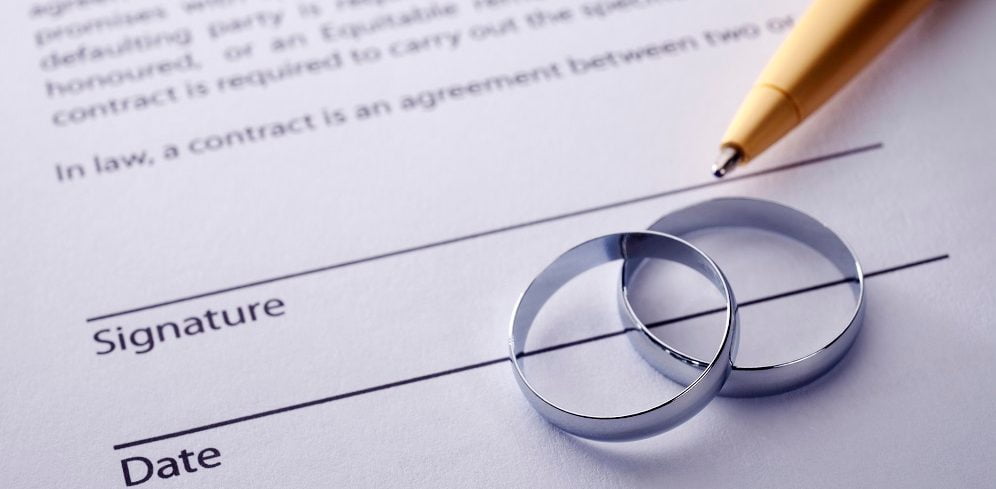In a modern world increasingly dependent on globalization, legal contract translating goes beyond word swapping;it is an inevitable procedure that provides clarity, enforceability, and adherence to the jurisdiction of the legal systems at hand. This is even more critical in a state such as the United Arab Emirates (UAE) where there is a tendency of multilingualism in the legal affairs as there are expatriates comprising the majority of the population and the including the establishment of international business establishments. To prove admissible and valid in the UAE courts, the translation of the contract must be accurate particularly to Arabic and other massively used languages such as French and German among others.
Legal Background of Translation within the UAE
UAE runs a two-way system of the law incorporating civil and Shariah legitimacies. The legal system is based on Federal Law No. 10 of 1992 that establishes Arabic to be the official language in courts. Hence, irrespective of the language of the original drafting of a contract, such a contract document needs to be translated to Arabic so that it is considered legally binding by the courts. This is especially so in court battles, lawsuits, or even presentation to government agencies.
Nonetheless, other languages, namely French and German tend to attract the need to get translations done that are of high quality. Multinational corporations with headquarters in Europe or Africa tend to speak French whereas German has been in the place because of the good economic relations between the UAE and Germany and other German-speaking nations. Companies working in the Free Zones, international arbitration institutions or multinational joint ventures might need the contract in more than one language to understand each other before the Arabic copy can be submitted to the law.
Legal Language is So Complicated e What About Certified Translators
Legal words are of a very complicated nature. It is replete with technical language, tight stipulations and jurisdiction specific phrasing which can only be approached with more than simple understanding of both languages and the governing legal systems. Translating into Arabic, French or German, the translator should have a profound knowledge of source and target legal systems in order to avoid mistakes which can result in misunderstanding, litigation or even the punishment.
As an illustration, to translate such legal expressions as the concept of indemnity, force majeure, or arbitration clause, one will need to represent them precisely so that they would fit UAE legal perception of the given concept. On the same note, translating such clauses to French or German, the interpretation of such legal notions in civil law jurisdictions would have to be taken into account. An utter translating can bring a lot of ambiguity or distortion of meaning especially in a courtroom.
According to the regulations of the UAE Ministry of Justice, legal translations presented to the court or government bodies should be made by the certified legal translators who are licensed by the respective ministry. It is a certification that guarantees that the translation is done according to the accuracy and quality of such a translation that is demanded in legal proceedings. Failure to file a document giving evidence of an incompetent translation of a document done by an agency or an individual without any certification might be denied by the courts; which results in delaying or rejection of such filings at an expensive cost.
Translation of French and German Law
Although the official language in the UAE courts is Arabic, the increasing prominence of French and German translations in the legal environment of the UAE is difficult to overestimate. Numerous foreign corporations, which are running their operations in the UAE, have their representations or legals meanwhile France, Switzerland, Germany, or Austria. Such companies usually write their contracts, mostly in their native languages and need legally binding translations to internally align, have due diligence and cross border compliance checks completed on them, before an Arabic version is presented to the court.
Multilingual documentation is common in litigation in arbitration cases in the context of international rules (such as those in ICC or LCIA). Where this is the situation, parties may agree that French or German is to be the working language. In cases where the UAE courts ultimately will demand the Arabic translation of the contracts and the evidence, even the original contracts and evidence either into or out of French or German, as the case may be, may be required to be translated depending on the nationalities and the legal regimes in question.
Furthermore, Free Zones such as DIFC (Dubai International Financial Centre) or ADGM ( Abu Dhabi Global Market ) have their own English legal common law systems of law, nevertheless, foreign investors still tend to exhibit a need to have documents translated into French or German to comply with internal governing policies or requirements of the parent company. Such translated contracts, then, need to be compared with the original Arabic language version in any legal context before the tribunals in the UAE and hence multilingual legal translation would be a crucial connector in the general legal landscape.
Achieving Legal Transparency by Quality Translation Processes
Considering the legal significance attributed to translated contracts, the quality of translations should be done by a professional. One aspect that should be taken seriously to consider is where legal translators should follow either the formatting, terminology and the structure that reflects the original paper in compliance with the local lingual standards. What is more, some terms might not possess a direct translation between different languages, particularly, between the common English law contracts and the civil Arabic models. Under these circumstances, the translators have to make prudent decisions, which capture the essence and practicality of the clause without jeopardizing its legal effect.
Consistency also matters in the multilingual contracts. In most of the contract, we find a French, German and Arabic copy of the same contract, then a line is added which stipulates the working language when there exists variance. That is why it is even more necessary that all versions must be exactly in line in meaning and intent. Bad translation of a clause may make some of the parts of the contract unenforceable or be attacked.
The production of legal translation done by a company specialising in UAE-related contracts is frequently a combination of certified human translators and legal reviewers combined with the use of digital tools to allow high levels of accuracy to be maintained. Although machine translation has found some application in certain industries, it is not being applied to legal contracts because of the risks that it holds through misinterpretation and context loss. Sector-specific knowledge of the translation professionals, coupled with official certification is only possible when the translator is a legal professional operating within the field.
Summary: Legal Translation is not a technical matter alone–It is a lawful requirement
The issue of interpreting legal agreements into French, German and Arabic in the UAE courts is much more than a language exercise but a fundamental legal requirement that bears direct consequences on validity and enforceability of a contract. The close translation whether it is to be submitted to the court, arbitration, or internal alignment of a corporation should be managed with accuracy, law, and cultural knowledge.
With international commerce in the UAE flourishing, with more multinationals setting shop in the country especially in Europe and MENA, the number of companies who need professional, certified translation services of high quality involving the Arabic, French and German languages will only increase. Resources including legal professionals, businesses, and translators must give translation enough seriousness to guarantee a smooth business, conformity to law, and most importantly, legal transparency in the multiethnic and multiethnic legal setting of the UAE.


